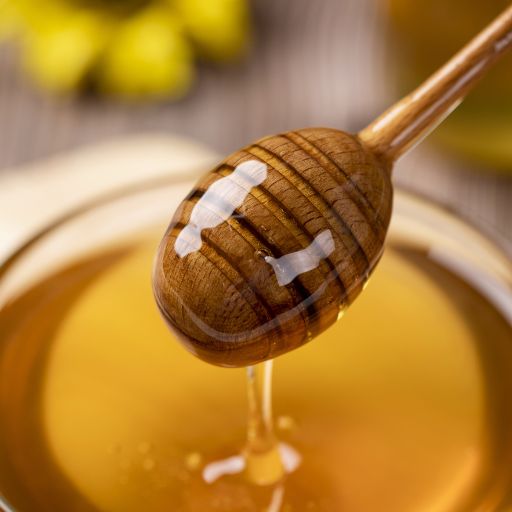People honey is a delicacy of the gods with healing properties and for others it is poison because it is sugar. Where do we stand?
Honey is basically sugar (80%) composed of glucose and fructose. Therefore, when we ingest honey, it behaves practically the same in our organism as if we consume white sugar. Yes, honey is sugar. In fact, in subjects with diabetes 2, excessive honey consumption can worsen glycemic control (Sadehghi et al 2019; Akhbari et al 2021) although if consumption is moderate it does not seem to exert negative effects (Terzo et al 2020). Some studies even show improvements in blood glucose in diabetics 2, due to its content in bioactive compounds (Kan et al 2019).
So is it bad to eat honey? Well, it doesn’t have to be. The problem here lies in the demonization that has been made of sugar. The excess sugar in the population’s diet comes from the high consumption of ultra-processed foods with added sugars. This, together with a sedentary lifestyle, is a problem.
But if you consume it occasionally in moderation and/or you are an active person, there will be no problem at all, neither for your health nor for your body composition. It can even be positive for athletes (Colinas et al 2020). Many tribes like the Hadza base their diet up to 30% on honey and do not know what obesity or diabetes is.
On the other hand, apart from sugar, honey contains some antioxidant and anti-inflammatory compounds. These may exert benefits on inflammation, oxidative stress, endothelial dysfunction, etc. However, it does not provide anything that other foods cannot. In addition, there are many types of honeys and each one is different. The glycemic index of honey can vary between 30 and 90 depending on its phytochemical content









